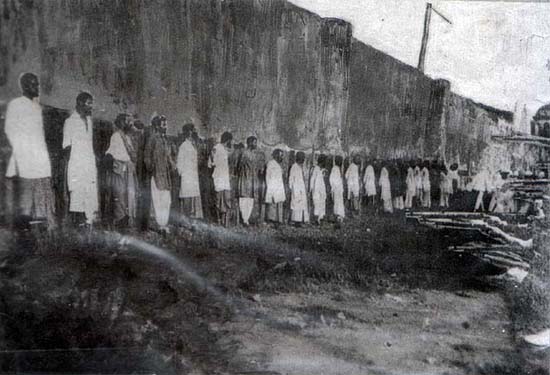‘Germany Has Become Mohammedan’: Insurgency, Long-Distance Travel, and the Singapore Mutiny, 1915
February 25, 2019

What were the effects of long-distance travel on the sepoys involved in the Singapore Mutiny of 1915?
On 15 February 1915, hundreds of sepoys from the 5th Light Infantry rebelled against their British commanders in Singapore, resulting in mutual bloodshed. What motivated the mutiny? In “‘Germany Has Become Mohammedan’: Insurgency, Long-Distance Travel, and the Singapore Mutiny, 1915” (Globalizations, 2015), Professor Itty Abraham (NUS Department of Southeast Asian Studies) asserts that long-distance travel was a primary factor in fomenting subversive ideas of emancipation, which ultimately drove the sepoys into rebellion.
During World War One, sepoys were deployed overseas to defend British imperial interests against belligerent countries like Germany. Abraham begins his paper with the premise that through their overseas deployment, sepoys were exposed to new and often radical ideas. Importantly, the international space represented a zone of attraction and desire which caused the sepoys to yearn for better welfare and liberation from the British military. Abraham supports this premise through close reading of letters from soldiers of the 5th Light Infantry. It was revealed that informal channels of communication exposed the sepoys to information about the brutalities of war on the Western Front, which demoralised them. Rumours that the Kaiser had converted to Islam and that his daughter had married the heir to the throne of Turkey were also circulated, which led to shifting loyalties among Muslim sepoys who became unwilling to attack Germany. By also taking into account the soldiers’ writings about military hardship and their encounters with radical Islamic and Sikh ideas during overseas deployment, Abraham proposes that long-distance travel stimulated politics of equality and freedom which galvanised the 5th Light Infantry into launching the 1915 Singapore Mutiny.
Read the article here.
